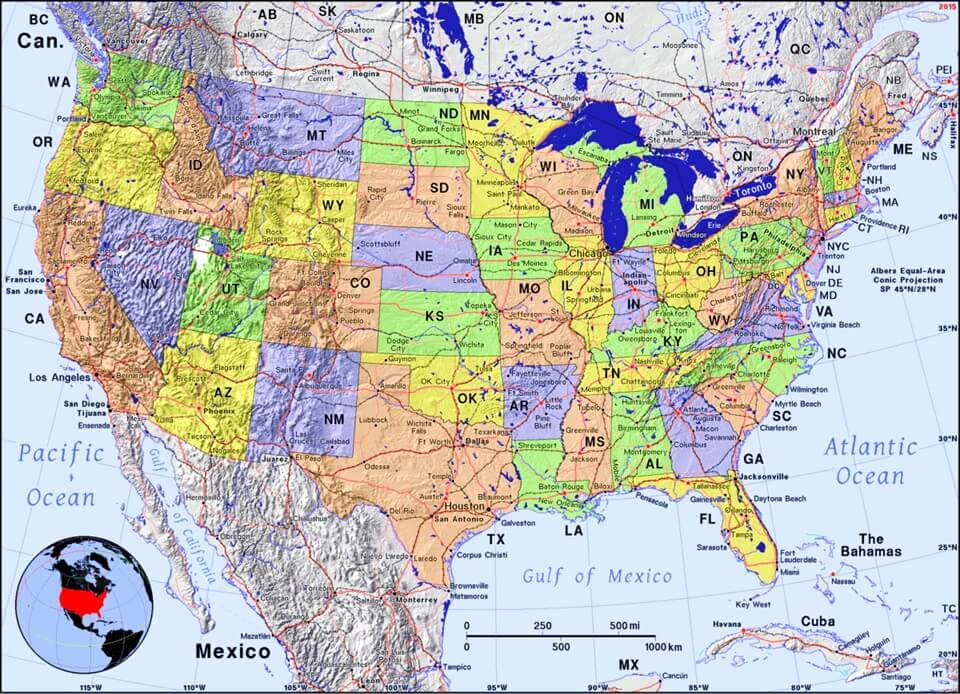 The Hoosier Schoolmaster
The Hoosier Schoolmaster
The Hoosier Schoolmaster
The Hoosier Schoolmaster

 The Hoosier Schoolmaster
The Hoosier Schoolmaster
The Hoosier Schoolmaster
The Hoosier Schoolmaster

Study the chapter for one week.
Over the week:
Activity 1: Recite the Book Information
Activity 2: Narrate the Story
Activity 3: Study the Story Picture
Activity 4: Speak in the Hoosier Dialect
Edward Eggleston wrote this book in the Hoosier dialect of mid-nineteenth century Indiana.
Recite the following sentences in Hoosier dialect with great feeling and emotion.
Feel free to move your body along with the words for emphasis.
Activity 5: Discuss the Story
Activity 6: Map the Story
